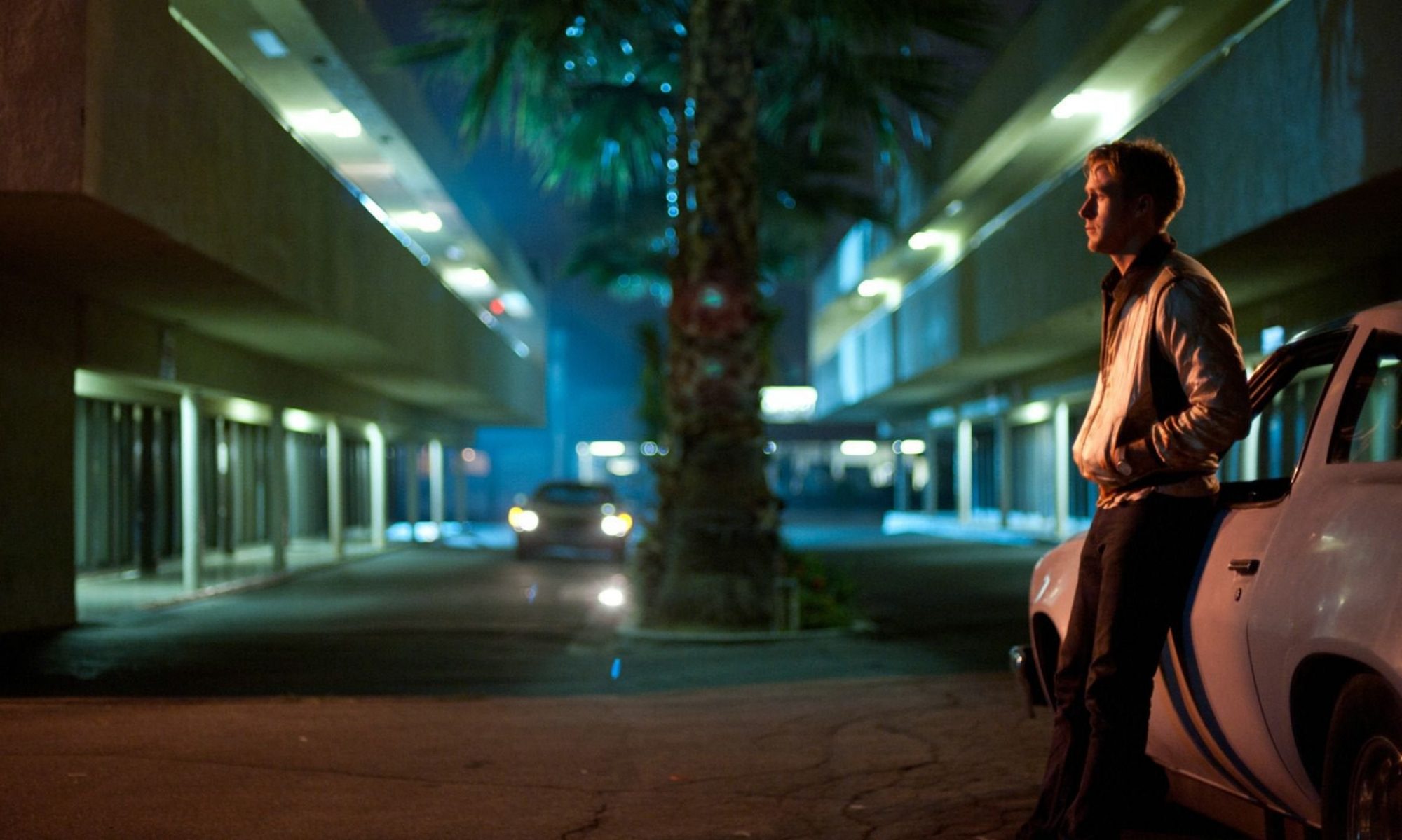Two films beginning with P, two films that need a film review, especially considering I saw Poor Things about ten days ago at a preview screening. Anyway, better late than never, eh? And I saw Sofia Coppola’s Priscilla several days after, so that gets a look too. Two for the price of one, if you will. Except there’s no prices or monetary exchanges involved here. Anyway, onwards…
Poor Things
If your only knowledge of Yorgos Lanthimos’ filmography is The Favourite, then, let me tell ‘ya, you’re in for a ride. The 2018 historical drama was by far the most accessible of Lanthimos’ works, and certainly the most commercial with the numerous awards it received, including Olivia Coleman’s well-deserved Best Actress win. There are long takes, and then there’s the long take when Coleman’s Queen Anne slowly crumbles as she watches lover Sarah dance with another suitor. Few facial expressions have gone through such a moving and heart-breaking transition from happy to utterly crestfallen in a mere moment.
If, however, you’re approaching Poor Things with prior knowledge of The Killing of the Sacred Deer and Lanthimos’ debut The Lobster, you know you’re in for some strange shit. And I mean that as a compliment. The director’s works take place in seemingly recognisable human societies, but there’s always something some abstract dystopian shenanigans going on, creating a timeless atmosphere to disassociate from the comfortable and familiar. With Poor Things, Lanthimos takes weird to new hights as he focuses on the Frankenstein-like tale of Bella, a resurrected corpse whose brain has been swapped with the still-living body of her unborn baby. Standard stuff. Considering that the film’s source material is titled Poor Things: Episodes from the Early Life of Archibald McCandless M.D., Scottish Publish Health Officer, it would be disappointing if the story turned out to be anything but incredibly eccentric.
But Frankenstein is a merely launching point for the madcap narrative that ensues as Bella (Emma Stone on top form) ventures outside the house of her Pygmalion creator Godwyn ‘God’ Baxter (an equally fantastic Willem Defoe, who so far has been unjustly snubbed from awards attention. Ye don’t like his lobster, eh? That was a vague Lighthouse reference, if you wanted to know. If you didn’t, cool). The worlds she explores initially seem grounded in some vague time-based reality, perhaps the Victorian era, but then distinctly not the Victorian era as we witness flying ships and distinctly futuristic skies. So, a bit more of a Fifth Element vibe added with Emma Stone’s naïve central character. Kind of. The cinematography is masterful throughout, disorientating but enthralling as Bella explores unknown worlds. Mark Ruffalo is on fine comic form to as Bella’s lothario suitor, which is a particular joy compared to the stereotypical strait-laced characters he usually plays. Defoe really needs more attention, though. His eccentric creator makes his Lighthouse seadog Thomas Wake seem rather congenial. Which is saying something. Oh, and the bubbles. Wow (you’ll understand if you see the film). But yeah, he combines pathos and oddity in perfect measure. You go Glen Defoefoe (the Mean Girls paraphrasing pun doesn’t quite work, but I’ll leave it as it is).
A wonderfully odd odyssey into the abstract. It fully warrants its 18 rating (Lanthimos’ first), because it’s well, kinda explicit, but don’t let that put you off. If you’re looking to start your 2024 with something bizzarre and challenging which happens to contain one of the most unconventional feelgood endings in a long long while, then Poor Things is what you’re looking for.
Priscilla
Sofia Coppola’s latest sad-girl tale takes on the narrative of the King of Rock n’ Roll’s child bride. The director’s signature dreamlike atmosphere is front and centre as we witness the relationship morph from romantic into toxic as the sparkle falls away behind the scenes. Coppola took an unconventional route in casting two relative unknowns to play the lead roles, but both put in respectable performances as the famous couple. Coppola track the two from early marriage to divorce, detailing Elvis’ controlling behaviour if not getting beneath the surface at some points.
But Coppola’s main focus is, of course, the woman in question, and she does a fine job of articulating the heady joys of femininity and desire in its early stages with all the meticulous adjustments of make-up and clothing. Priscilla isn’t ground-breaking in terms of a fully-fledged biopic, but if you’re a fan of Coppola’s distinctive long takes and dreamy soundtracks, there’s plenty to appreciate here.
